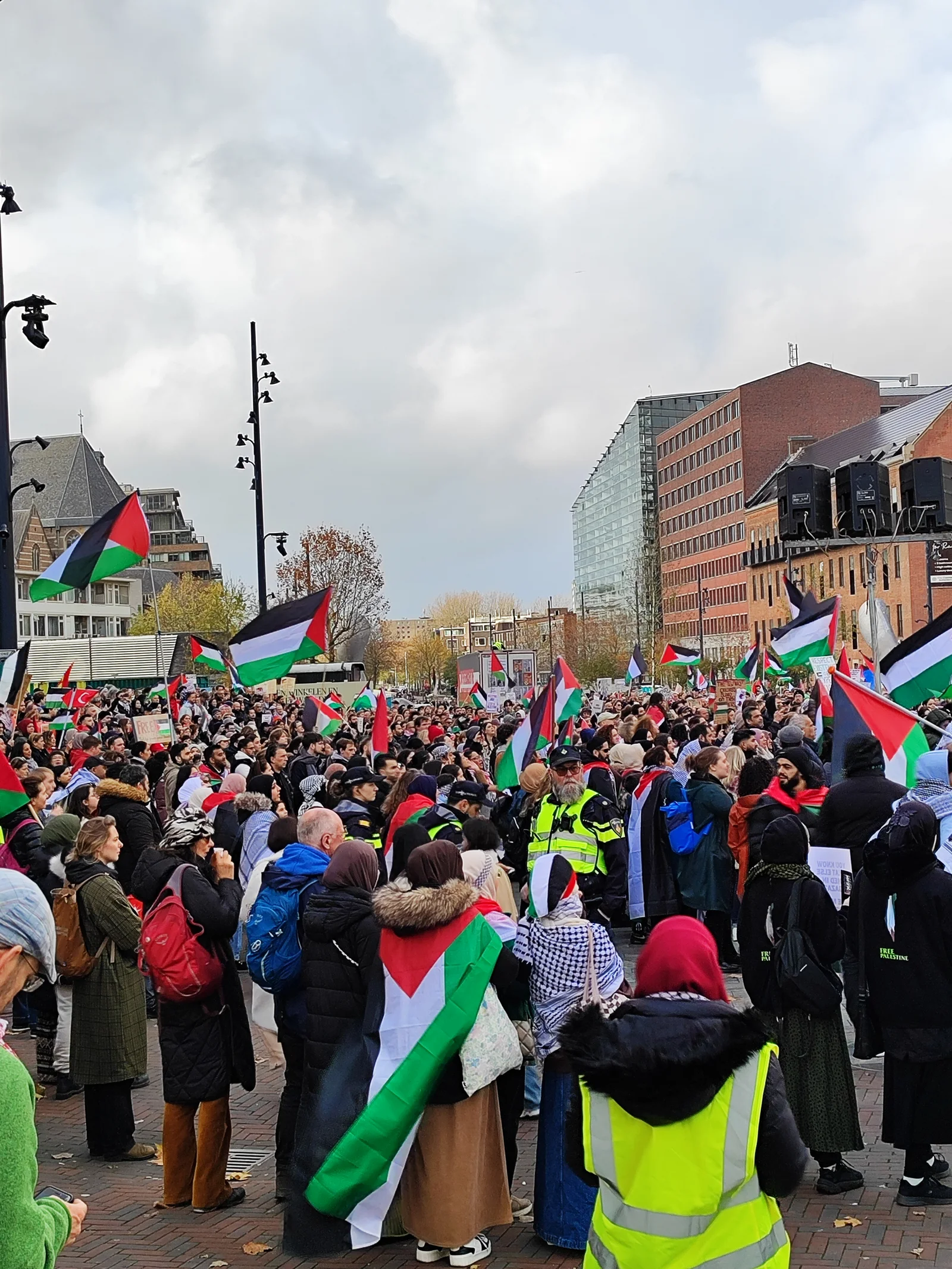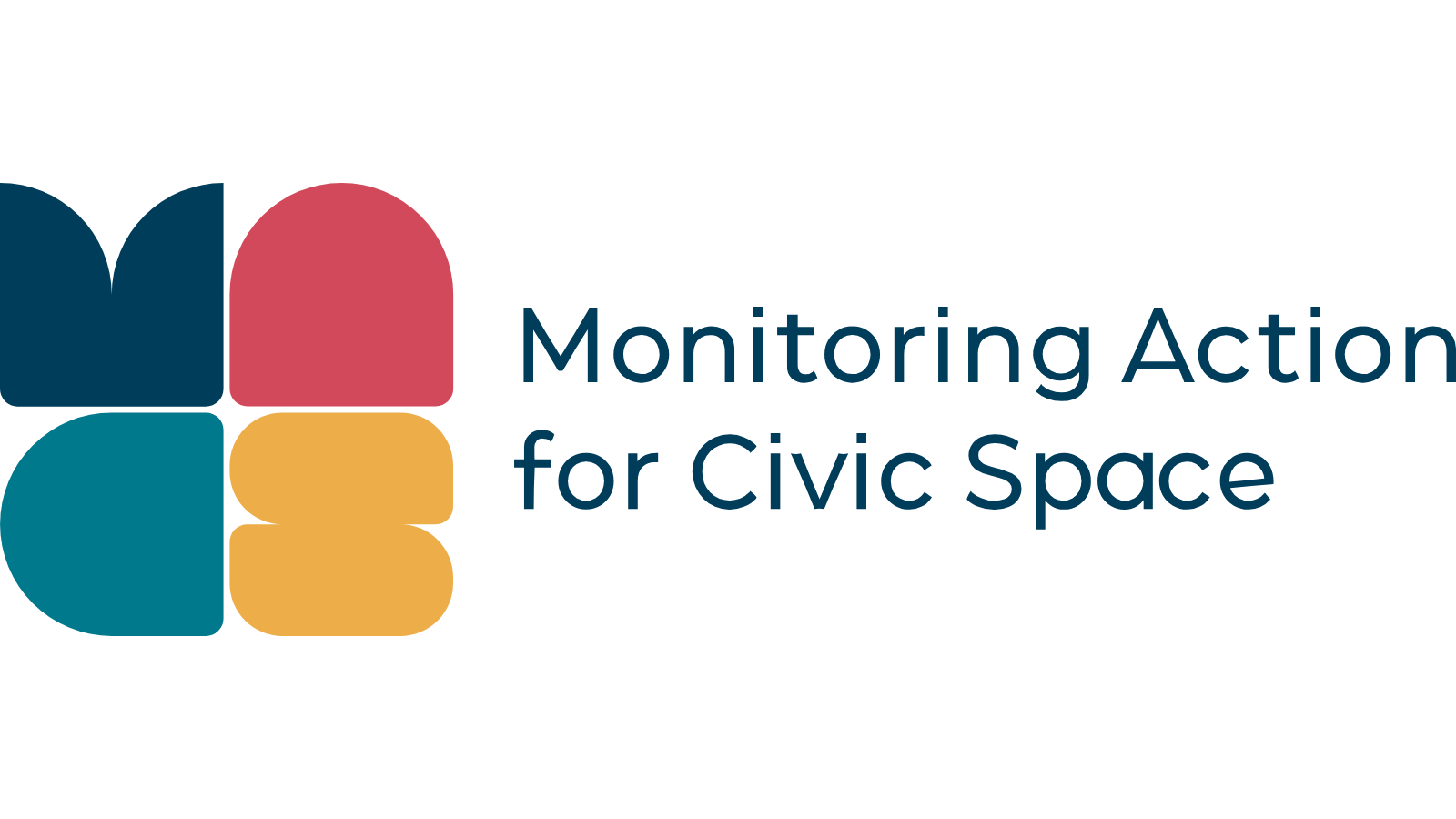THE NETHERLANDS: Several new law proposals targeting protesters, stigmatising CSOs and criminalising migrants’ right work
CSOs in the Netherlands continue to face increasing stigmatisation and restrictions. Several new legislative proposals raise concerns about the freedoms of expression, assembly, and association, including restrictions on protests and online expression. Political instability following the fall of the government and upcoming elections has further fuelled heated debates about the role of CSOs. Despite these pressures, civic mobilisation remains strong, as seen in broad public responses to consultations on restrictive legislation and successful legal advocacy efforts.
The proposed online incitement to public disorder bill (Wet online aangejaagde openbare-ordeverstoringen) would grant mayors expanded powers to remove online content deemed to promote public disorder, raising risks for protest-related expression. Another proposed law on “criminalising the glorification of terrorism” has been widely criticised because of the vague definition of what constitutes a terrorist organisation, pointing to a high risk of arbitrary application and harsh criminal offences. Groups expressing solidarity with the Palestinian people would likely be particularly affected. A further proposal seeks to extend police powers to conduct large-scale surveillance of individuals in response to public order disruptions, raising concerns about arbitrary use and its chilling effect on protesters. Meanwhile, the Transparency of CSOs Act, renamed Wet transparantie en tegengaan ondermijning door maatschappelijke organisaties, translated which translates as the “Transparency and Countering Subversion by Civil Society Organisations Act”, remains in the Senate, with the name of the bill itself stigmatising civil society. A new legislative package on asylum, adopted by the Dutch Parliament’s lower house and pending in the Senate, criminalises assistance to undocumented migrants, undermining humanitarian support.
Additionally, the government has committed to work on legislation banning face-covering clothing during protests, and parliamentary motions advocating revisions of international human rights treaties, particularly refugee rights, are increasing. While these have not yet translated into legislative changes, they reinforce narratives undermining the universality and indivisibility of human rights and are early signs of severe deterioration, with the possibility of being turned into legislative proposals.
Civic space restrictions were also visible outside the legislative process. A staff member of an environmental NGO received threats following the publication of research on pesticide use, while concerns persist about police surveillance and intimidation of climate and Palestine solidarity activists, contributing to a chilling effect on civic participation.
At the same time, there have been positive developments. Following a legal challenge by the environmental group Extinction Rebellion against police house visits, new guidelines were adopted limiting such practices. Public mobilisation also proved strong during consultations: more than 10,000 people submitted input on the proposed law criminalising expressions of support for terrorist organisations, an exceptionally high number compared to the average of 28 submissions.



